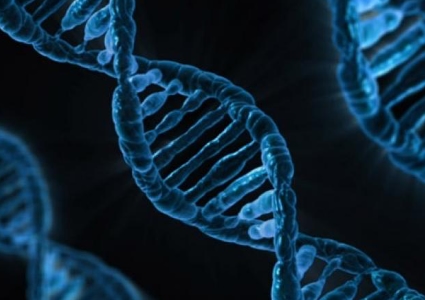Polling

Stem cells

Stem cells are the primordial cells of human beings. These self-renewing, undifferentiated cells can mature into any of the 210 different cell types which make up the tissues and organs of the human body. In 1998, scientists learned how to harvest stem cells from human embryos. In theory, stem cells have the potential to supply fresh transplant material to replace the cells that are lost to many incurable illnesses including Alzheimer's, Parkinson's, cancer and diabetes. In fact, scientists have created insulin-producing pancreatic beta cells from embryonic stem cells, a big step towards curing diabetes. It is believed stem cells can also be used to repair spinal cord injuries and to cure or replace ailing hearts and livers. All told, these major advancements in regenerative medicine could improve the lives of more than 100 million Americans.
Over time, technical advances have enabled embryonic stem cells to be produced without using embryos. Transplanting genetic material from an adult cell into an egg whose own DNA had been removed, enables scientists to clone adult cells into embryonic stem cells. Called pluripotent stem cells, these cells are easier to make, provide an unlimited supply of material, and are free of the ethical concerns regarding the destruction of human embryos. Pluripotent stem cells can grow into almost any tissue that is genetically identical to a patient. Advocates say the rapid advancements in stem cell research prove revolutionary treatments for illness and injury are close at hand. They say the pace of these advancements depend on the amount of funding dedicated to regenerative medicine research.
Proposed Legislation: Reintroduction of H.R.64 - Patients First Act of 2019
Prospective Sponsor: Rep. Jim Banks (IN)
Over time, technical advances have enabled embryonic stem cells to be produced without using embryos. Transplanting genetic material from an adult cell into an egg whose own DNA had been removed, enables scientists to clone adult cells into embryonic stem cells. Called pluripotent stem cells, these cells are easier to make, provide an unlimited supply of material, and are free of the ethical concerns regarding the destruction of human embryos. Pluripotent stem cells can grow into almost any tissue that is genetically identical to a patient. Advocates say the rapid advancements in stem cell research prove revolutionary treatments for illness and injury are close at hand. They say the pace of these advancements depend on the amount of funding dedicated to regenerative medicine research.
Proposed Legislation: Reintroduction of H.R.64 - Patients First Act of 2019
Prospective Sponsor: Rep. Jim Banks (IN)
Suggestion
Poll Opening Date
January 13, 2025
Poll Closing Date
January 19, 2025
